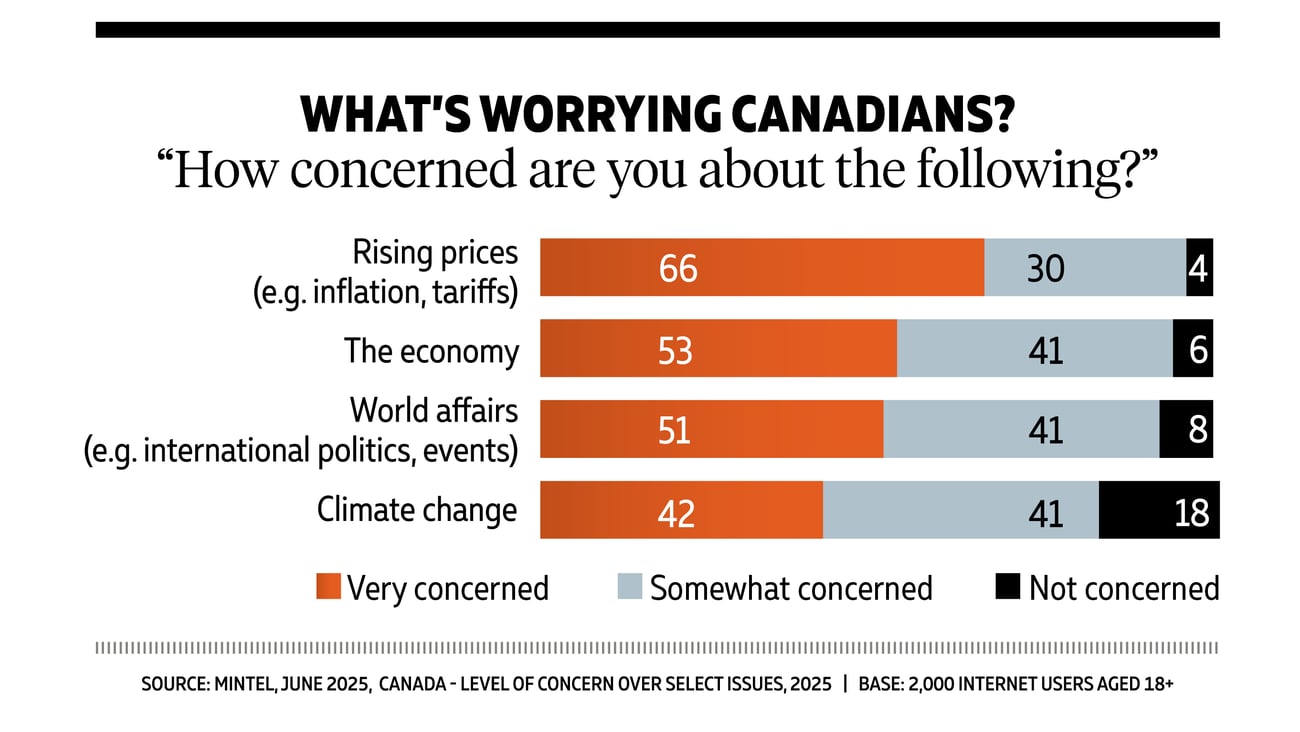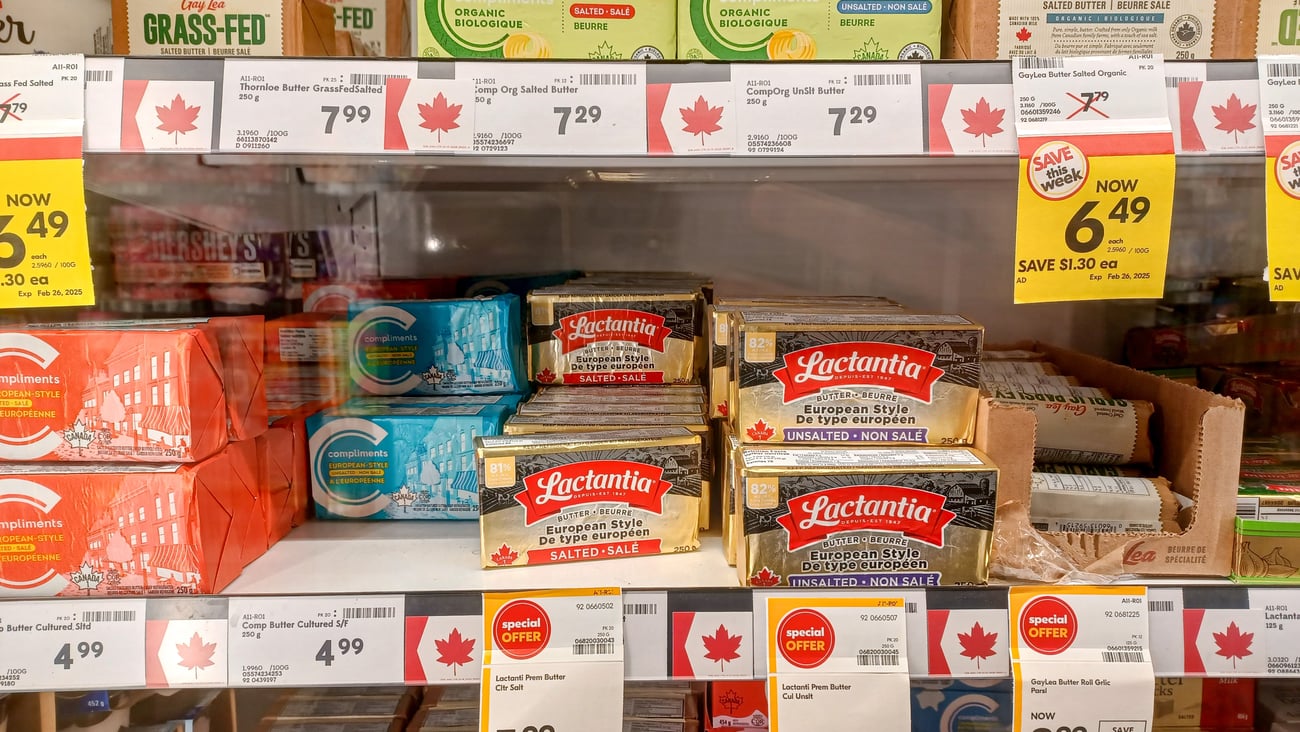Cause for concern
Even in these times, barely a day goes by where there’s not a dire warning about the environmental predicament the planet faces. Climate change, for many, is no longer about what might happen, but rather what is happening. Extreme events ranging from hurricanes to rampant bush fires are becoming the norm. For Canadians, this raises the question of how their food purchases impact the environment.
Mintel’s recent report on Sustainability in Food looks at how Canadians view the connection between what they eat and the impact of that on the environment. The research also looks at what specific issues matter most to consumers, why they matter, what consumers expect from companies in the context of sustainability, and what actions they are willing to take.
Canadians do, indeed, say the environment matters to them when it comes to the food and drinks they purchase, and they are particularly motivated by a sense of personal responsibility and a pervasive concern about climate change. That said, Canadians don’t always make a clear connection between climate change and the food they eat; instead, waste ranks as their top concern—this includes both packaging waste and food waste. Fewer Canadians, however, consider carbon output when purchasing food. This makes sense because waste, of course, is visibly evident in one’s day-to-day life. It can be seen in one’s trash, recycling or compost bin, and also translates, in the consumer’s mind, to wasted money. Carbon generated through food production, by contrast, is invisible.
Younger Canadians are, however, more likely to make the connection between how their food is produced and the carbon footprint it generates, and they are more apt to express concerns over these categories. For instance, the younger generations—gen Zs and millennials—are more likely to be concerned about the impact of meat and dairy on the environment; we can presume this relates to the carbon emissions associated with the production of these products. Such concerns have undoubtedly underpinned the growth of plant-based foods and drinks.
More broadly, companies are in a quandary when it comes to their efforts to support the environment. On one hand, four in five Canadians agree that food and beverage companies are not doing enough for the environment. On the other hand, the same number of Canadians believe many companies engage in “greenwashing” and believe them to be untruthful regarding environmental claims. There’s also an element of confusion, with 80% of Canadians also claiming they’re confused when it comes to knowing which products are better or worse for the environment. The question is how to win consumers’ trust?
While there’s no easy answer to this question, initiatives that are visible and engaging can help build their level of trust. One practical way is to ensure shoppers can easily recycle the packaging from the products they purchase. This can include making them compostable or communicating a plan to extend the lifecycle of a package through “upcycling” initiatives. Other initiatives can involve using foods that would have otherwise been discarded in new packaged goods (for example, misshapen potato chips) or focusing on foods produced locally, which offers the dual benefit of supporting the environment and local economies.
When it comes to promoting sustainability in food, there are no shortcuts. But what is evident is that despite some skepticism, shoppers do view sustainability as an issue influencing their food and drink purchase decisions.




